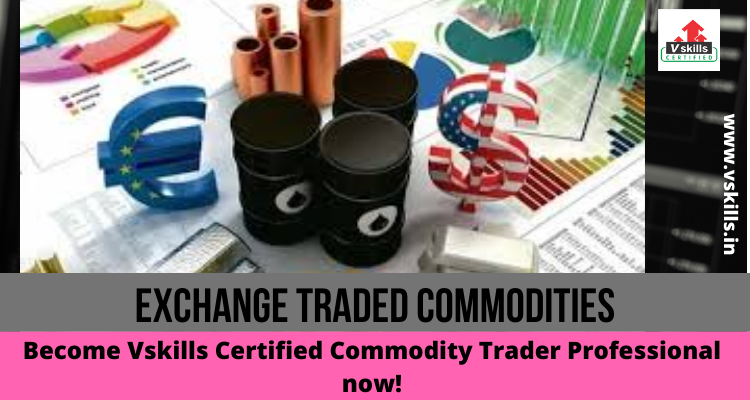Exchange Traded Commodities
Exchange-Traded Commodities (ETCs) are asset-backed bonds that track the performance of an underlying commodity index including total return indices based on a single commodity. It can offer traders and investors exposure to commodities like metals, energy, and livestock. Traded in shares on exchanges like shares of stock, prices fluctuate in value based on price changes of the ETC’s underlying commodity
ETCs behave the same way as ETFs, and traded and settled exactly like normal shares. ETCs have dedicated market maker support, enabling investors to gain exposure to commodities, on-Exchange, during London hours. They are open-ended securities, created and redeemed on demand by the issuer (as with ETFs) and come in two broad forms: Single commodity Investors can buy single-commodity ETCs like gold and oil or more exotic variants such as zinc and lean hogs.
ETCs are for investing in single markets like livestock, precious or industrial metals, natural gas, and other commodities that are often difficult for individual investors to access. An example of a commodity basket exchange-traded commodity, on the other hand, is one that tracks multiple metals (not just one) or tracks a group of agricultural commodities, such as wheat, soybeans, and corn.
The performance of an ETC is based on one of two sources. It might be based on the spot price (price for immediate supply) or based on the futures price (price for the supply at delivery at a future date). ETCs typically attempt to track the daily performance of the underlying commodity, but not necessarily long-term performance.
Index tracking traders and investors can invest in index-tracking ETCs that gives exposure to a range of indices such as energy or livestock, and all in one trade.



